EuRIC President Olivier François stated: "The assessment process should take into account both the quantity and quality of recycled metals. However, for a complete picture, imports of primary raw materials that compete with recycled metals - notably sponge iron or direct reduced iron (DRI), which have risen sharply since the beginning of the year - also need to be monitored. It should also take into account the EU's projected production capacity,". François noted that this approach is critical to increase the accessibility of circular raw materials for EU producers without undermining the competitiveness of the European recycling industry.
EuRIC has repeatedly stated that exports of recycled metals help recycling businesses to survive in the face of low and declining domestic demand. The unfair competition faced by European aluminum and steel producers must be addressed, EuRIC said, and not at the expense of European recyclers.
EuRIC also noted that while 12 CN codes for steel are tracked, only 3 codes each are used for aluminum and copper. The recycling industry is demanding that quality differences between materials exported and those demanded in the domestic market, as well as European-wide demand forecasts, should be the basis for decision-making.
EuRIC also took issue with the European Commission's recent statement that the supply of scrap for recycling has decreased due to “metal scrap leakages”. The Confederation recalled that European metal recyclers produce recycled metals that complement the raw materials used in steel, aluminum and copper plants. It emphasized that the high recycling rates are the result of investments made by European recyclers over the last 50 years. To date, steel recyclers alone have invested more than EUR 9.3 billion in 267 shredding plants. In this context, claims that recycling activities only take place in production facilities risk ignoring the role of the recycling sector in the circular economy.
EuRIC stated that Europe should maintain its position as a reliable trading partner in the current environment of geopolitical tensions and avoid measures that would disrupt established trade partnerships without increasing the use of recycled metal. The monitoring system will collect trade data over the coming months and the Commission will assess by the end of the third quarter of 2025 whether targeted trade measures are necessary to secure the supply of recycled metals and avoid the risk of shortages.
Throughout this process, EuRIC and its members will continue to dialogue with the Commission to ensure proportionate and informed policy decisions that support Europe's green and industrial objectives.


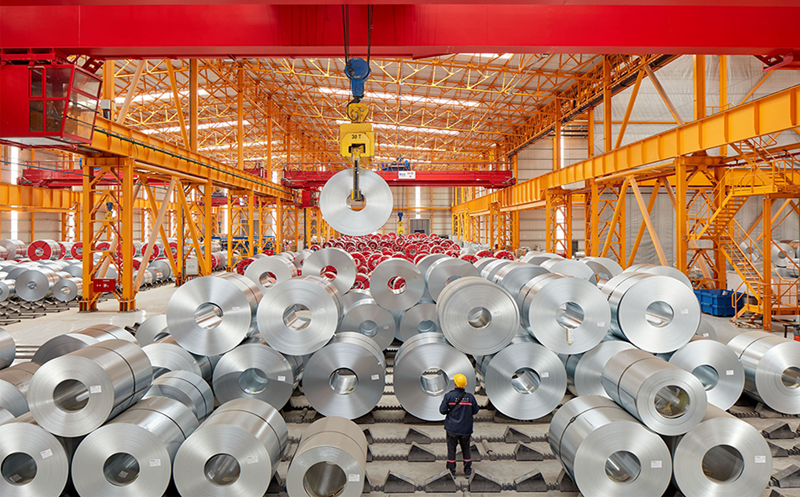
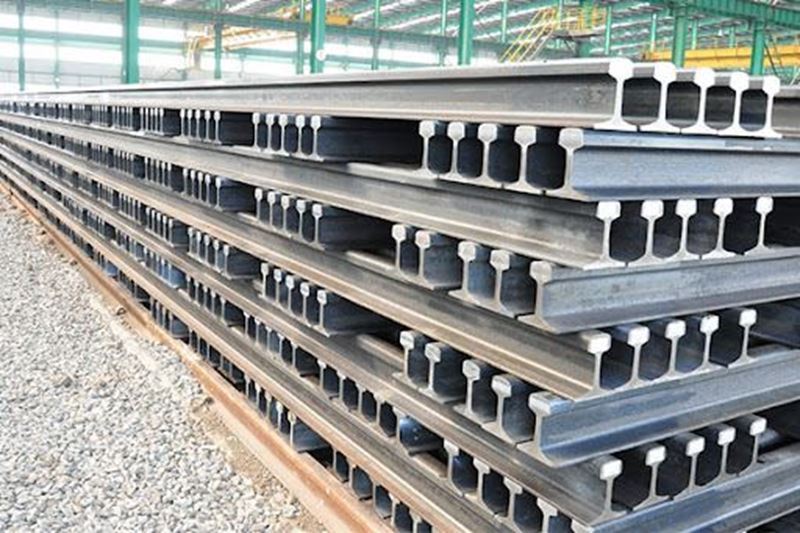
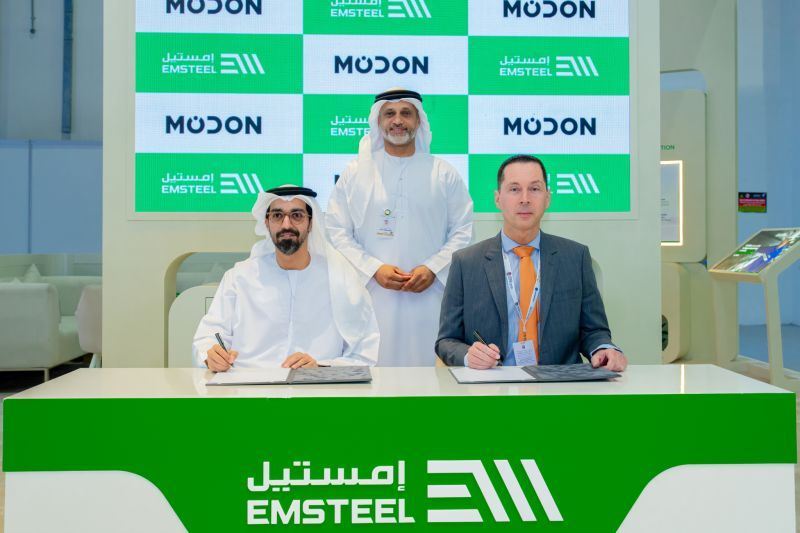

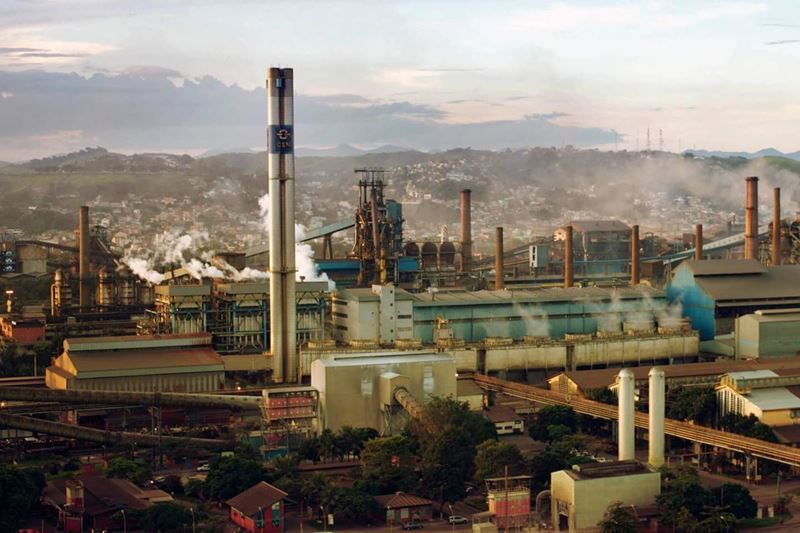
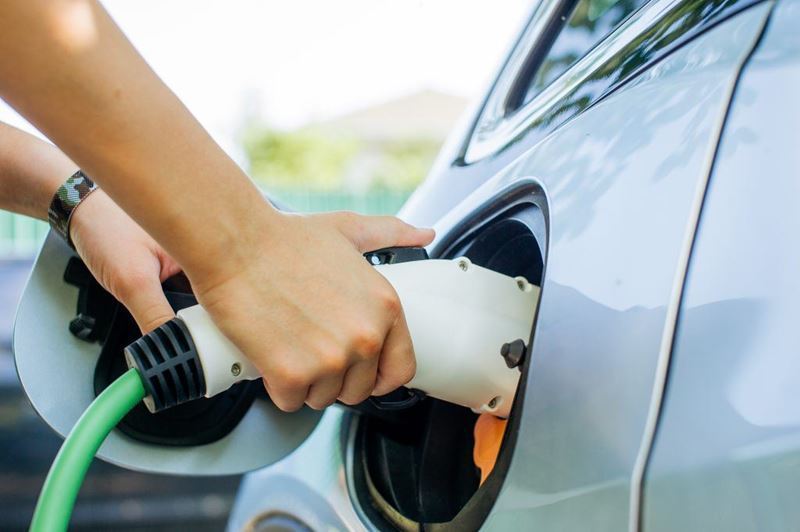


Comments
No comment yet.